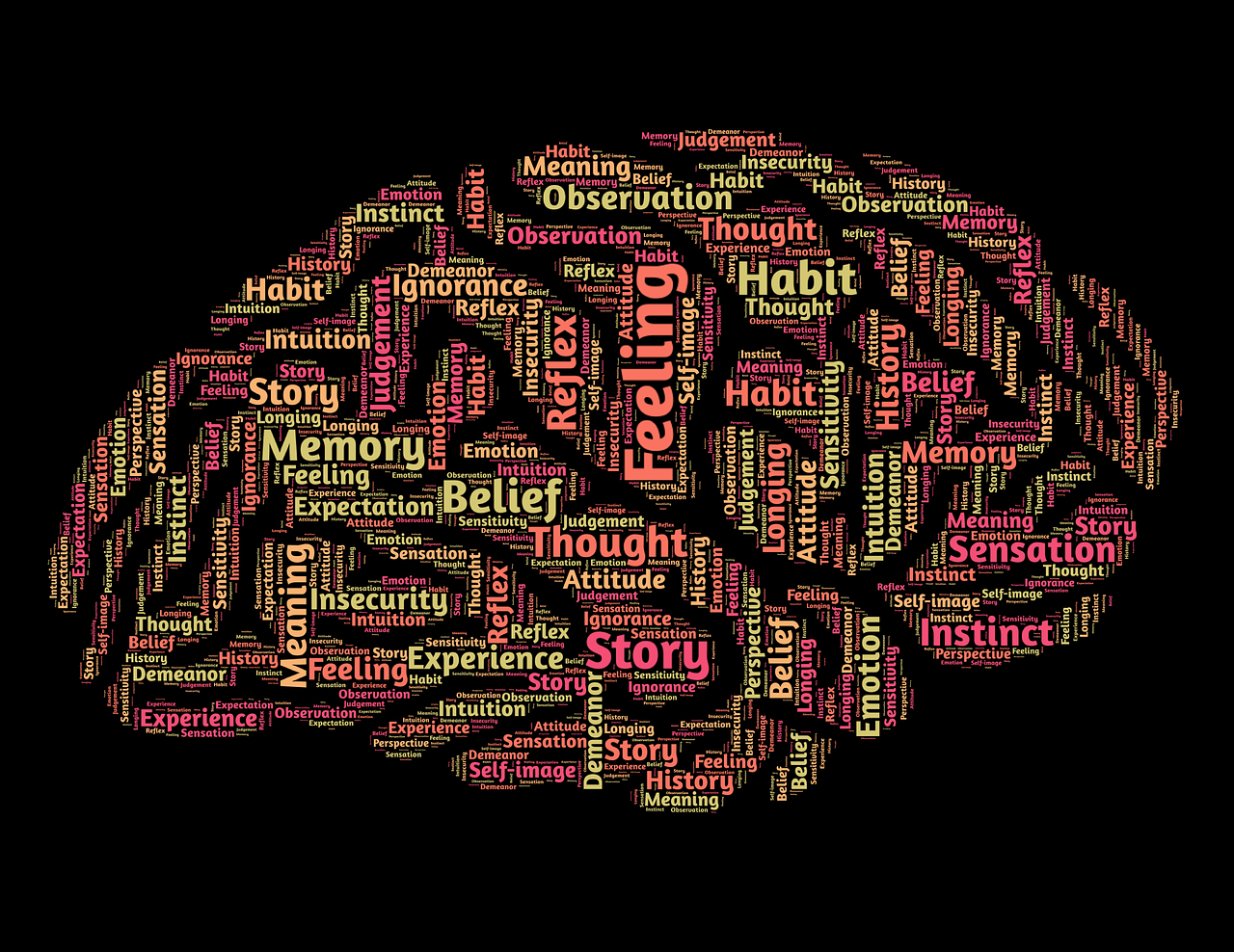Introduction
Ever scrolled through your phone endlessly yet still felt empty inside? Unlike your stomach, your brain doesn’t alert you when it’s hungry. In today’s fast-paced digital life, it’s easy to feed the body but neglect the mind. Endless notifications, constant information, and the pressure to stay connected can leave you feeling mentally drained — even if you’re technically “busy.”
In this article, we’ll explore why your brain feels empty, practical ways to feed it, and tools that can help you reclaim focus and mental energy — with examples from real users and personal experience.
What Is Mental Hunger?
Mental hunger is the quiet signal your brain gives when it’s overwhelmed, under-stimulated, or not nourished in the right ways. Unlike physical hunger, it doesn’t come with growling sounds — just fatigue, distraction, and emotional fog.

Common signs include:
- Constantly scrolling through social media without satisfaction
- Losing interest in hobbies you once loved
- Feeling mentally exhausted despite being “productive”
- Difficulty focusing or remembering tasks
Example: My friend Sarah noticed she would scroll Instagram for hours after work and still feel exhausted, unable to start a new project. That’s her brain signaling mental hunger.
How Digital Life Contributes to Mental Fatigue
Digital devices are designed to grab attention. Notifications, feeds, and endless content keep your brain in a reactive state:
- Information Overload – too much input, not enough processing time
- Decision Fatigue – endless small choices drain cognitive energy
- Social Comparison – scrolling social media triggers stress and dissatisfaction
- Disrupted Focus – constant multitasking reduces deep thinking
Case: I tried working on a blog post while checking Slack and Twitter. Within an hour, I felt mentally drained, even though I technically “worked.” Digital distractions can sneak up on anyone.
Ways to Feed Your Brain
1. Take Regular Digital Breaks
Schedule “no-screen” periods during your day. Even short intervals of 30–60 minutes can reduce mental fatigue.
I personally use the Forest app to stay off my phone. I plant a virtual tree, and if I leave the app, the tree dies — a fun way to stay focused!
2. Mindfulness and Meditation
Mindfulness practices help your brain reset. Apps like Calm or Headspace guide you through meditation, breathing exercises, and sleep improvement.
My friend Tom started using Calm every morning for 10 minutes. He told me it completely changed his mood and focus throughout the day. I tried it too — even short sessions feel surprisingly effective.
3. Engage in Learning or Creative Hobbies
Learning something new or doing creative activities stimulates your brain in meaningful ways.
I used Skillshare to take a watercolor painting course. It was relaxing, fun, and gave me a sense of accomplishment that scrolling online never did. Alternatively, I sometimes hire freelancers on Fiverr for creative projects like logo design, which inspires my own creativity.
4. Optimize Your Digital Environment
Use tools to manage screen time and reduce distractions:
- Notion for task management and planning
- Trello to organize projects visually
- Forest App to gamify focus sessions
I plan my day in Notion. Structuring tasks visually helps me avoid mental clutter and reduces anxiety about forgetting things.
5. Prioritize Sleep and Physical Activity
The brain and body are deeply connected. Adequate sleep, exercise, and proper nutrition support cognitive function and mental clarity.
After committing to a 7–8 hour sleep schedule, I could concentrate for longer periods. Even a short evening walk improves mental energy significantly.
Tools That Help Feed the Brain
Some of the links below are affiliate links — at no extra cost to you. I only recommend products I personally use or trust.
| Tool | Purpose | Example / Experience | Link |
|---|---|---|---|
| Calm | Meditation & Mindfulness | Helps start the day with clarity | Try Calm |
| Headspace | Sleep & Stress Management | Guided meditation before bed improves sleep | Try Headspace |
| Skillshare | Learning New Skills | Take creative or practical courses to stimulate your brain | Explore Skillshare |
| Fiverr | Hire Freelancers | Outsource small creative tasks or learn from experts | Check Fiverr |
| Notion | Productivity & Task Management | Organize tasks and reduce mental clutter | Get Notion |
Use these tools as solutions to support your mental wellness, not replacements for self-care.
Conclusion
Feeling mentally hungry is common in today’s digital world. Unlike the stomach, your brain won’t send a clear alert — but the signs are there if you pay attention. By taking digital breaks, practicing mindfulness, exploring new skills, and using the right tools, you can feed your brain and reclaim focus, creativity, and joy.
Interactive Prompt:
How do you nourish your mind in a digital world? Share your favorite tools, apps, or habits in the comments below — your tip might help someone else find balance too!
